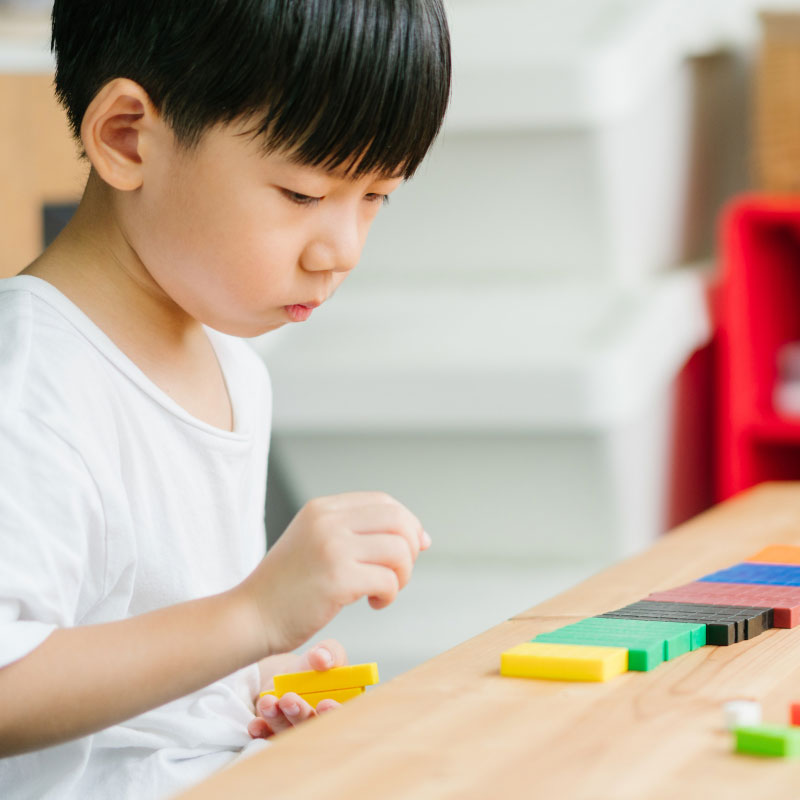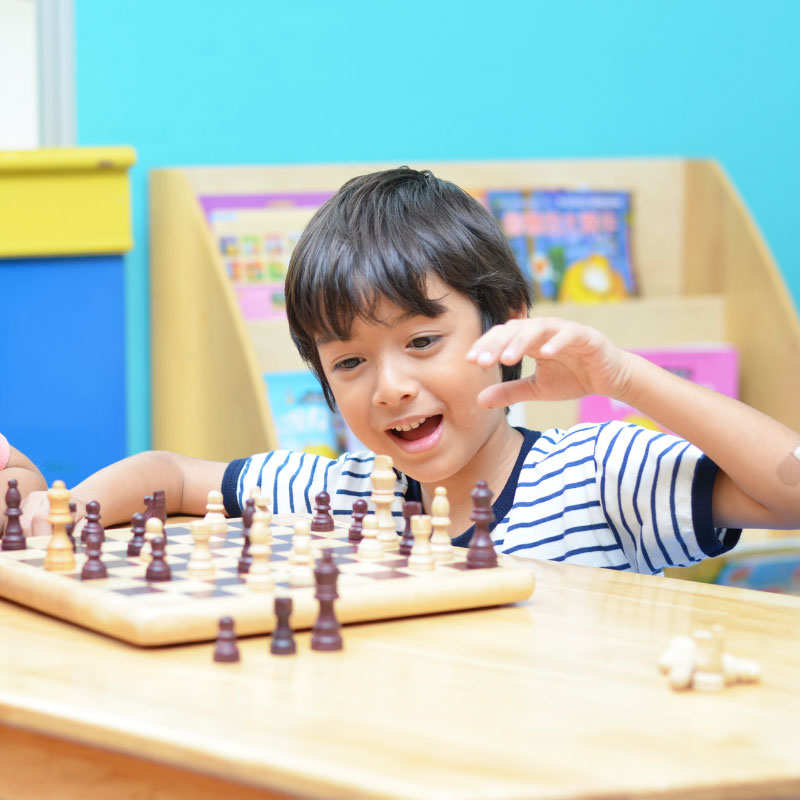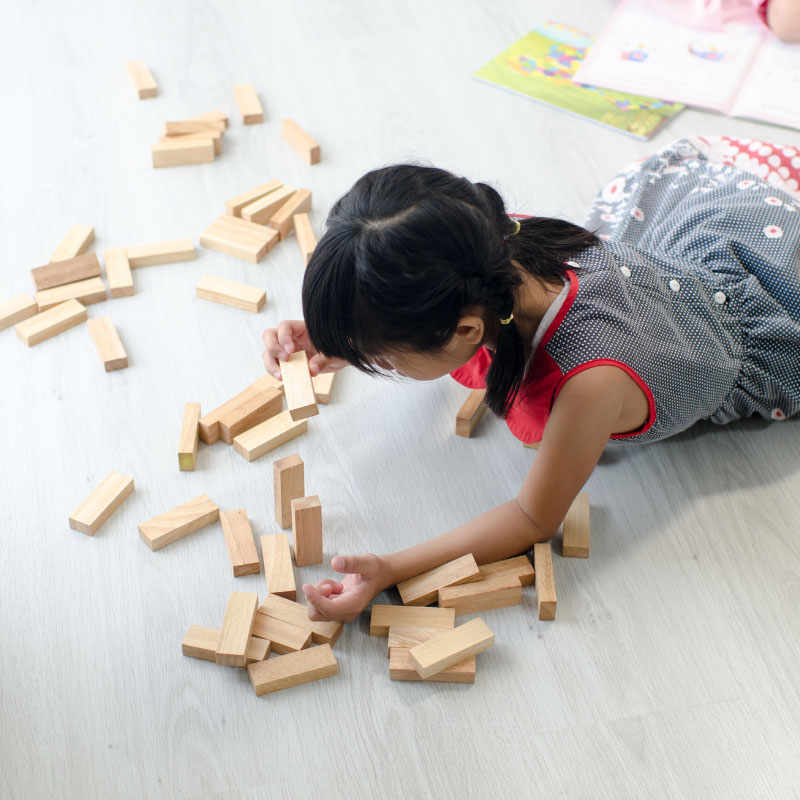Building Your Child’s Confidence Depends On You
The true enemies of confidence are discouragement and fear. And your big task as a parent is to encourage and support your child as she begins to tackle difficult tasks — at home and when she is at school.
This is why it is important for parents to realize that building a positive attitude and involving children in confidence-building activities from an early age lays a solid foundation for them to stay physically active throughout their lives. Also, remember children who lack confidence will be reluctant to try new or challenging things because they’re scared of failing or disappointing others.
Here are a few tried and proven self-esteem and confidence-boosting tips you should keep in mind. It is said that confidence is among the greatest gifts parents can give their children.

1. Win or lose, always appreciate
Growing up in the digital age is more challenging than in earlier times. It demands agility of the mind along with the flexibility of the body. It demands strength, stamina and the capability to pick oneself up when you stumble or in some instances, fail. Life is all about learning.
So whether your child dunks the basketball or misses the hoop altogether, always appreciate the effort and try not to be negative. She should never feel embarrassed for trying. Over the long haul, consistently trying hard builds more confidence than doing well in spurts.

2. Practice builds competence
Early childhood development programs should encourage children to practice whatever it is they are interested in. Rather than putting too much pressure on performing better. Practice is a way to invest effort in the confident expectation that improvement will follow. It generally does.
Every child is unique and can acquire the skills and strengths required to achieve a goal in the most effective way. For instance, once your child develops good people skills, she’ll grow up to make a great team player. And skills like good communication and having a positive attitude can help her excel no matter which profession she chooses as a career.

3. Figuring out problems by herself
Help by all means, but doing all the hard work on your child’s behalf, will not be helpful at all. Your child needs to develop the abilities or have the self-confidence to figure out problems on her own.
According to a leading child counsellor, “Parental help will diminish the confidence children will derive from self-help and figuring out a problem on their own.”
To put it in another way, it may be better for your child to score a few B’s and C’s rather than getting straight A’s, as long as she is actually learning how to solve the problems and do the hard work by herself.

4. Let a child be a child
Young children live and learn in two worlds – home and school. The way the two connect and communicate can make an enormous difference to how a child learns to manage in both places.
The more encouraged and more supported a child feels, the more effective will be her learning. So be realistic. Avoid the urge to put your child under pressure to grow up too quickly.
Sure, we live in a society that is changing at what is for many of us, a bewildering rate. So whatever your circumstances help your child to develop a positive attitude towards learning. Pushing children to meet advanced age expectations will reduce confidence. And most important of all, try not to compare her to other children. It undermines your child’s self-worth.

5. Curiosity never hurts
According to child cognitive development researchers, curiosity is innate in all humans. Curiosity helps drive action and decision-making and supports learning. So try not to stop a child’s endless stream of questions, instead, encourage it.
Asking questions is a helpful exercise for a child’s cognitive development because it means they realise that there are invisible areas of knowledge they don’t yet know about. Parents can show their children that exploring the world is a valued trait, by helping their child to explore. It builds confidence and independence.
Studies show that parents who encourage curiosity and inculcate the habit of asking questions, perform better at school. In other words, they already know how to learn better and faster.

6. Make challenges fun to face
It’s a great idea to set new challenges for your child as she is growing up. Engage her in fun activities that are easy and enjoyable. This will help her to develop creativity and problem-solving skills. More importantly, it will build her confidence as she succeeds in facing and overcoming them. As long as the exercises are fun, it will never be a chore and she will see them more like a game.
Children love to explore their limits, try out new experiences and develop their capabilities. Parents can nurture these tendencies through play by increasing their responsibilities and showing their children how they can set and accomplish small goals. So that they can apply their learnings to accomplish bigger goals in the future.
This is the most effective way to make sure children learn to be emotionally and physically resilient, thus gaining the skills to manage difficult situations, resolve disagreements between children and keep themselves safe.

7. Mistakes are building blocks for success
We all love our children unconditionally. Support our children in every way we can. Make sure they eat well, sleep well and play well. Comfort them when they are troubled. Nurturing their well-being and growth every step of the way.
As difficult it might seem, try not to be over-protective of your child. Let them know that messing up now and then is OK, but help them understand how they can better approach any task they face the next time around.
Learning from mistakes builds confidence. But this can happen only when you, as a parent, treat mistakes as an opportunity to learn and grow. Treat an “Oops” moment as an opportunity to teach your child not to fear failure. Use it to build resilience which is essential to raising a confident, capable, happy, and successful adult.

8. Make new experiences happen
Every parent is their child’s hero, at least until they hit their teens. Use this to leverage and teach your child what you know about how to think, act, and speak. Be the role model your child believes you to be. Set a good example.
You as a parent can increase life exposures and experiences so your child can develop confidence in coping with the real world out there. Remember, fear is a typical response to new challenges or experiences. But you are there to help.
Exposing your child to new things will teach your child that no matter how scary or different things might seem, she can overcome them. And with you around, her level of confidence will soar!
About My Gym
At My Gym young children have experiences that feel fun, positive and give them a sense of confidence. Apart from this, children who are more physically active are happier, more resilient and more trusting of others.
The benefits of regular exercise help the brain form stronger neural networks; strengthen fine and gross motor skills; build strong muscles and bones; maintain a healthy weight, and help beat screen addiction. Physically active children also are more likely to stay motivated, focused, and successful in school.



